Ruminating on grain overload: avoiding rumen acidosis
PetTalk, from the School of Veterinary Medicine & Biomedical Sciences, Texas A&M University
Ruminants like cattle, sheep, and goats have a unique digestive system that allows them to gain energy from forage such as mature pasture grass and hay. The carbohydrates found in these feeds help to provide ruminants with healthy energy, but did you know that consuming high amounts of certain other types of carbohydrates can be dangerous—and even deadly?
Dr. Brian Shoemake, a clinical assistant professor at the Texas A&M School of Veterinary Medicine & Biomedical Sciences, discusses the physiology behind grain overload, treatment methods, and how to safely incorporate grain into ruminants’ diets.
Ruminants are herbivores with four stomach chambers that each play a unique role in digestion. They get their name from the rumen—the first and largest chamber—which acts as a storage area and the location where microbes digest and ferment feed.
According to Shoemake, a ruminant can eat roughly 2% of its body weight in forage per day. Quality forage (which provides protein, energy, vitamins, and minerals) can adequately and efficiently maintain the dietary needs of many ruminants.
Supplementation with grain may be helpful if there isn’t enough high-quality forage available. However, feeding too much grain at once or not acclimating ruminants to the new diet can result in a condition called grain overload.
“Grain overload, also known as rumen acidosis, is typically a severe incident that occurs mostly in ruminants after excessive ingestion of rapidly fermentable carbohydrates,” Shoemake said.
These types of carbohydrates can come from young, immature plants; root crops like sugar beets and potatoes; and cereal grains such as wheat, corn, and milo.
“Overindulgence in these feeds causes a shift from the healthy microbial fermentation byproducts—which provide the basis of energy—to unhealthy byproducts, especially lactic acid,” Shoemake said. “The lactic acid produced causes the rumen contents to become more acidic, which disrupts normal digestion. Once the rumen becomes acidic at a severe level, other systemic symptoms develop.”
Symptoms of grain overload may include bloating, fever, profuse and malodorous diarrhea, anorexia, lethargy, and an inability to stand. In the most severe cases, death can occur within 24 hours of the initial grain ingestion.
As such, if you suspect that a ruminant has consumed an unusual amount of grain, it is important to seek treatment from a veterinarian quickly.
“Treatment varies based on a few factors, including, predominantly, the severity of the disease,” Shoemake said. “The first step in treatment is to stabilize the animal, which may involve relieving the bloat and dehydration. The next step is to remove the offending feed material and then rebalance the rumen’s pH with medications or replace the rumen fluid with healthy rumen fluid from another donor animal.”
Additional therapies might include the use of pain medications and antibiotic treatment. Complete recovery of the rumen may take up to six weeks.
At safe levels, cereal grains can be included in a ruminant’s diet as nutritional supplementation, but it’s important to introduce this supplementation slowly. Ruminants can typically consume 0.5% of their body weight in grain without complications.
“Once an animal is acclimated to this amount of grain (0.5% of its body weight), more grain can be added slowly to the desired consumption level,” Shoemake said.
Before introducing additional grain, Shoemake advises consulting a ruminant nutritionist or veterinarian to ensure a safe and healthy transition and to verify that an animal is able to tolerate an increase in grain, as some cannot.
“Providing grain can increase the risk or incidence of disease for some animals,” Shoemake said. “For example, grain feeding programs in male sheep and goats can induce urinary stones that become obstructive and life-threatening.”
Incorporating grain into the diet can be beneficial for some ruminants, but, with such a close connection to the animals’ health, changes should always be made with care.
Pet Talk is a service of the School of Veterinary Medicine & Biomedical Sciences, Texas A&M University. Stories can be viewed on the web at vetmed.tamu.edu/news/pet-talk. Suggestions for future topics may be directed to vmbs-editor@tamu.edu.


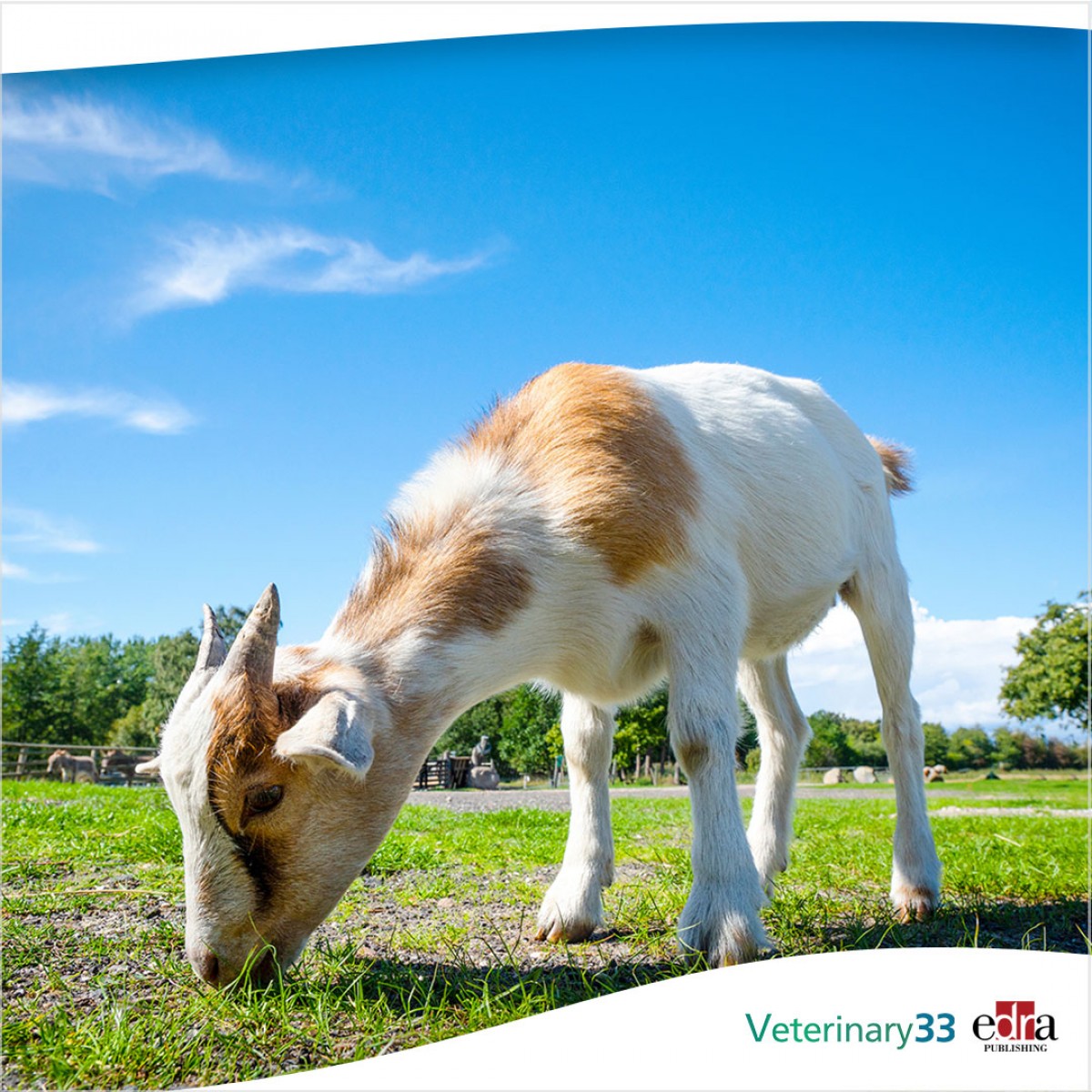
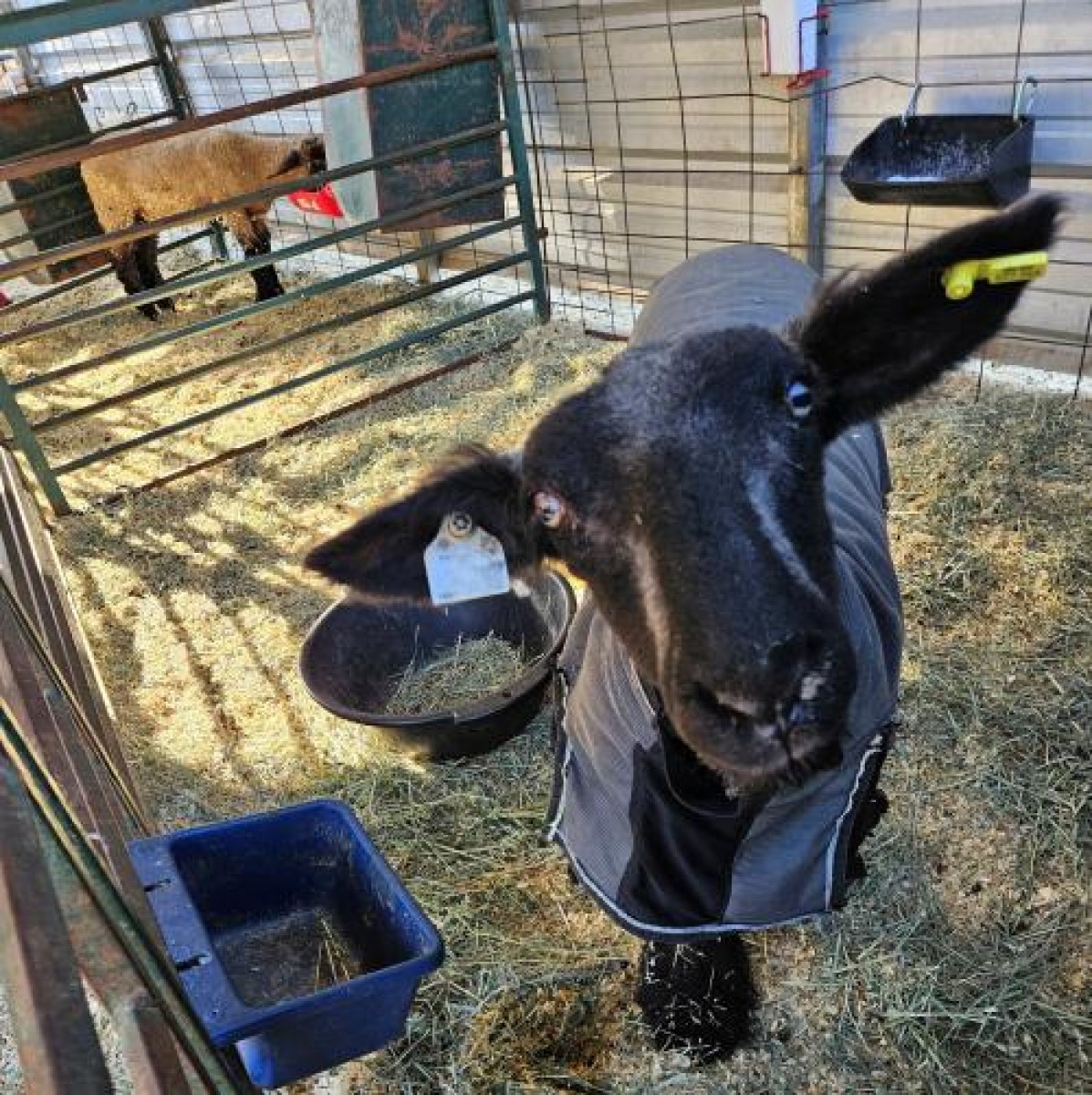

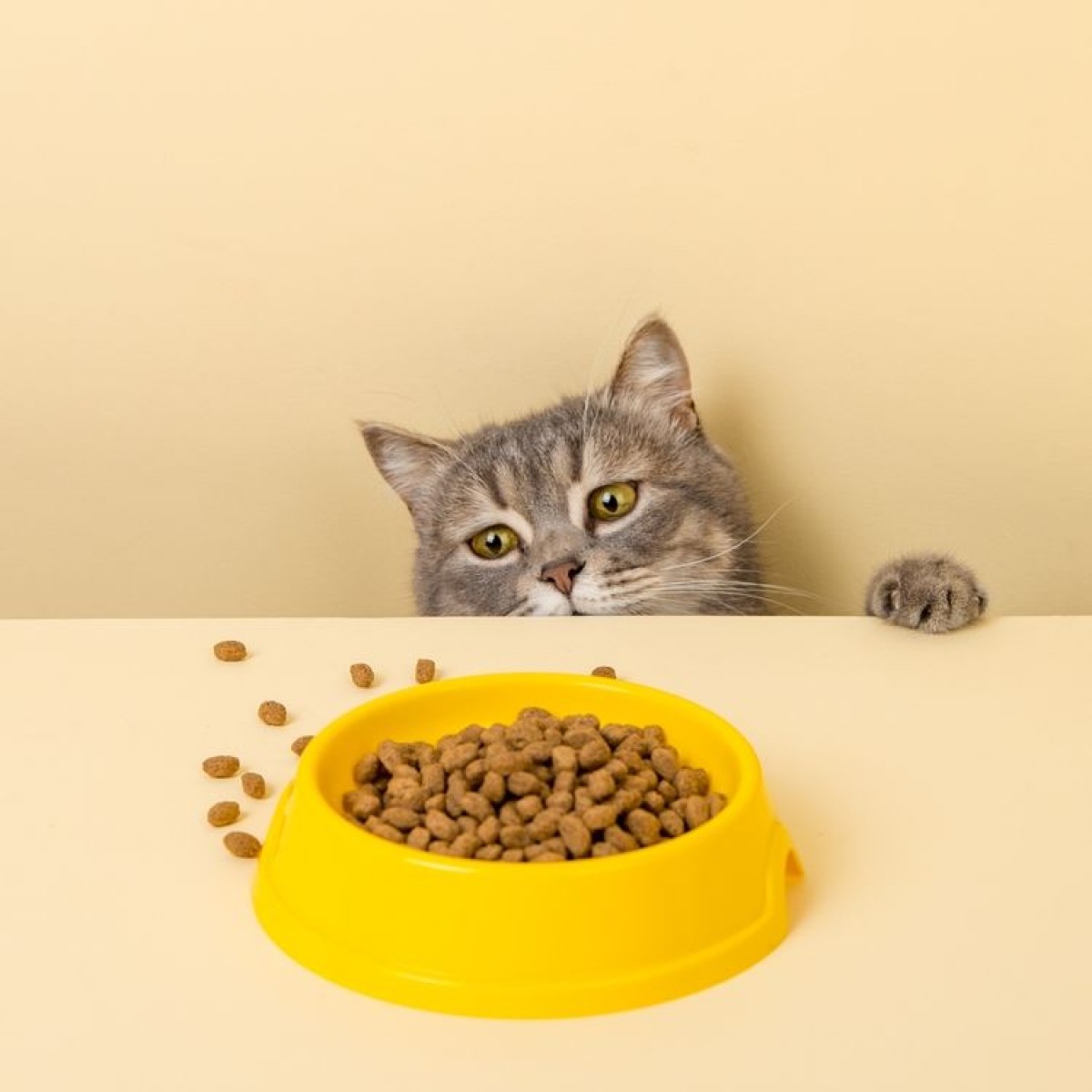




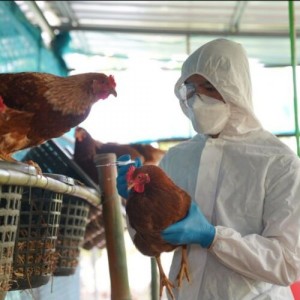
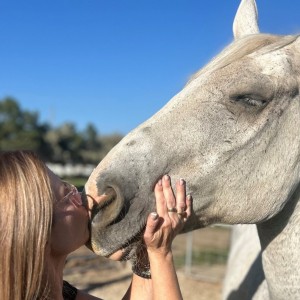
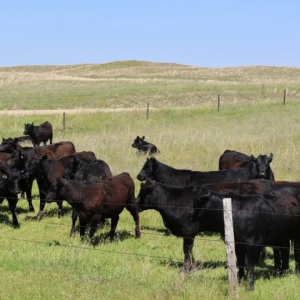

List
Add
Please enter a comment